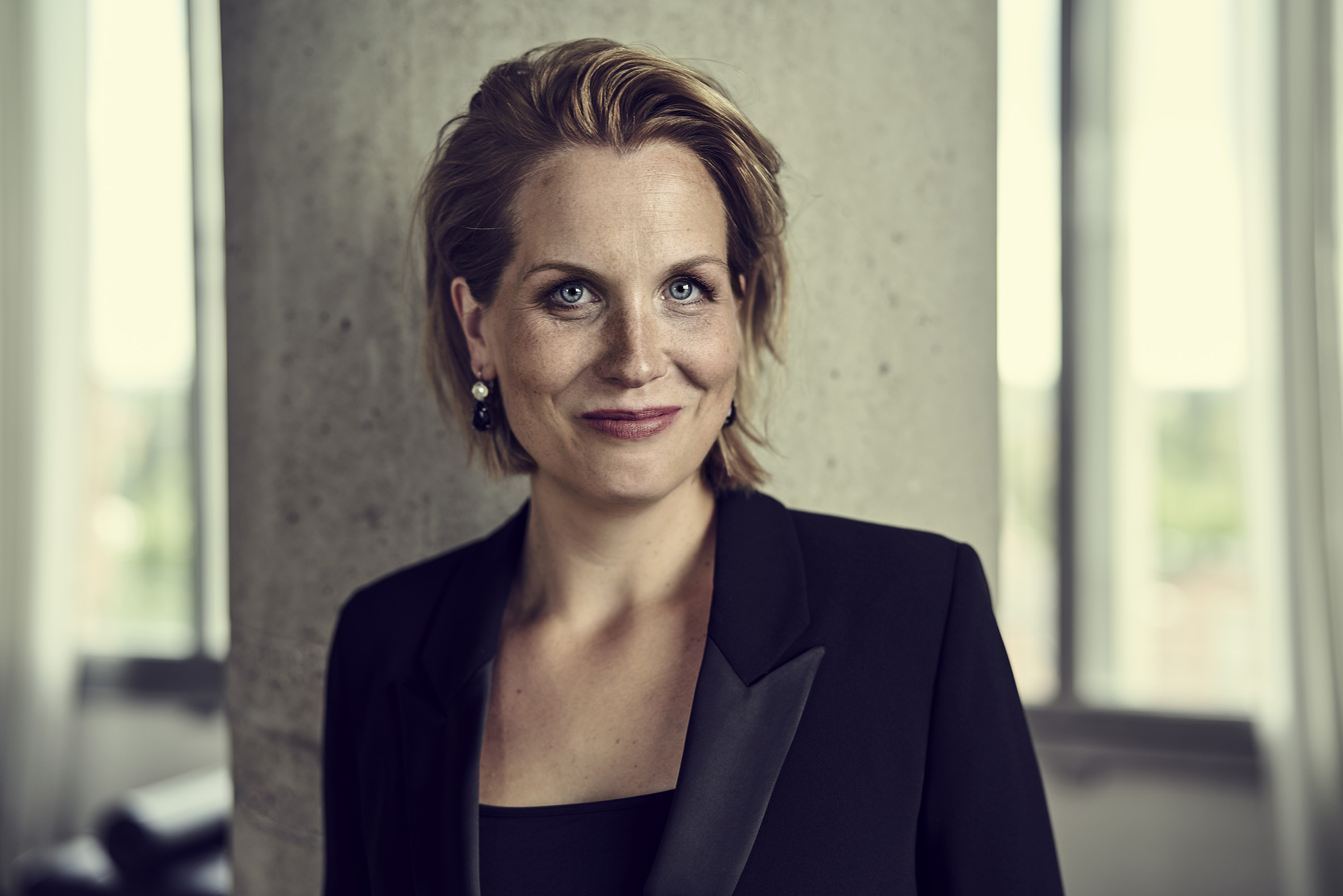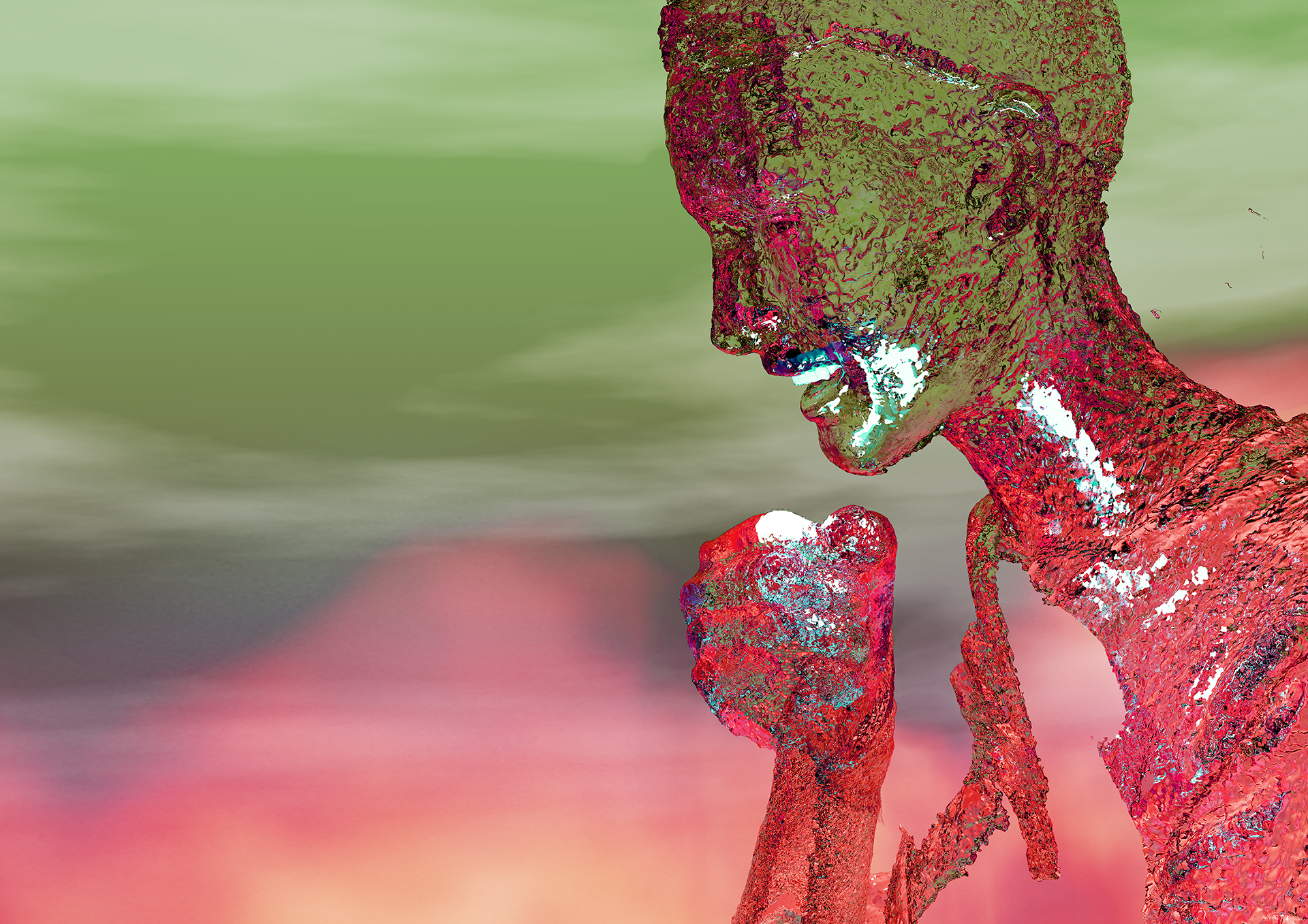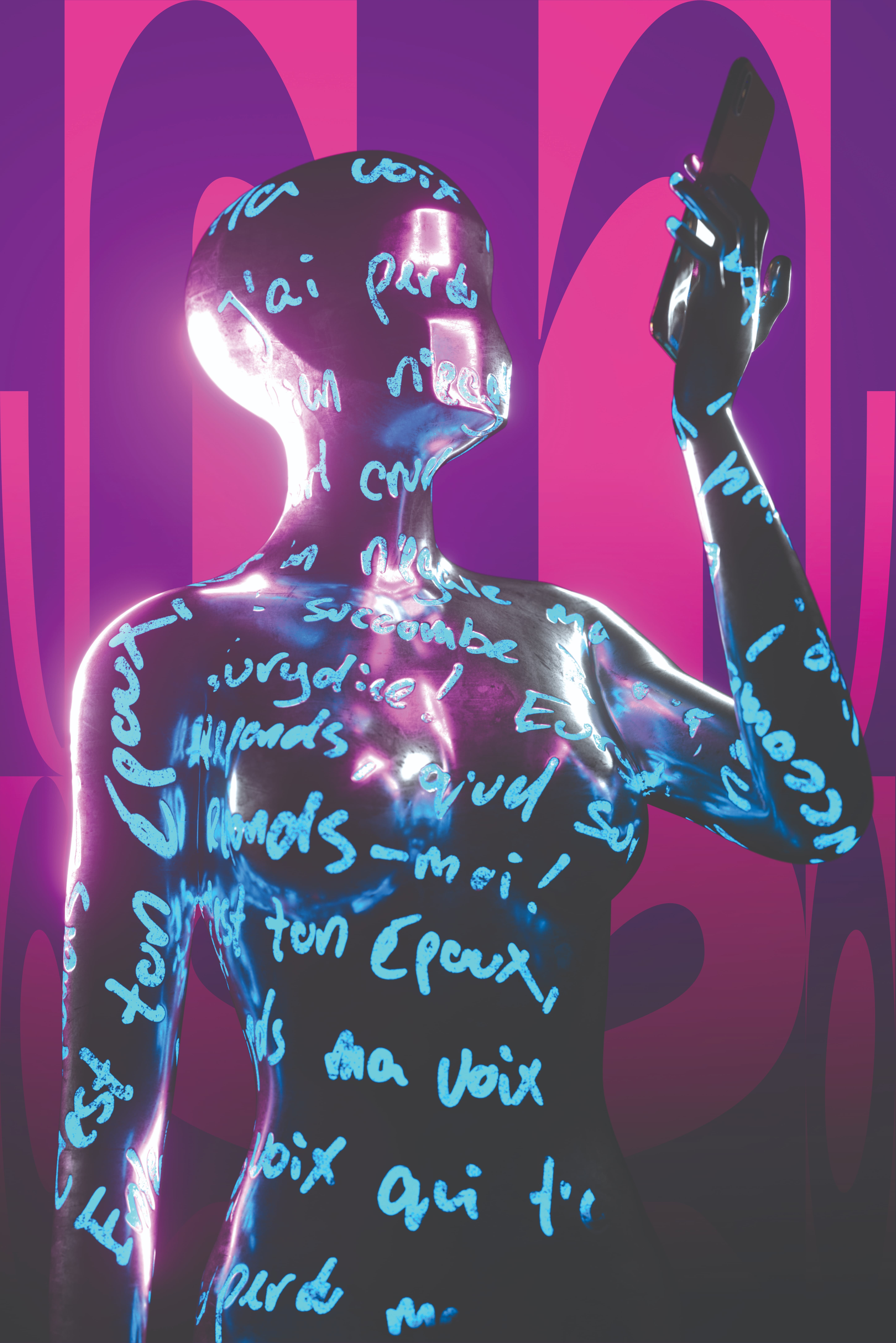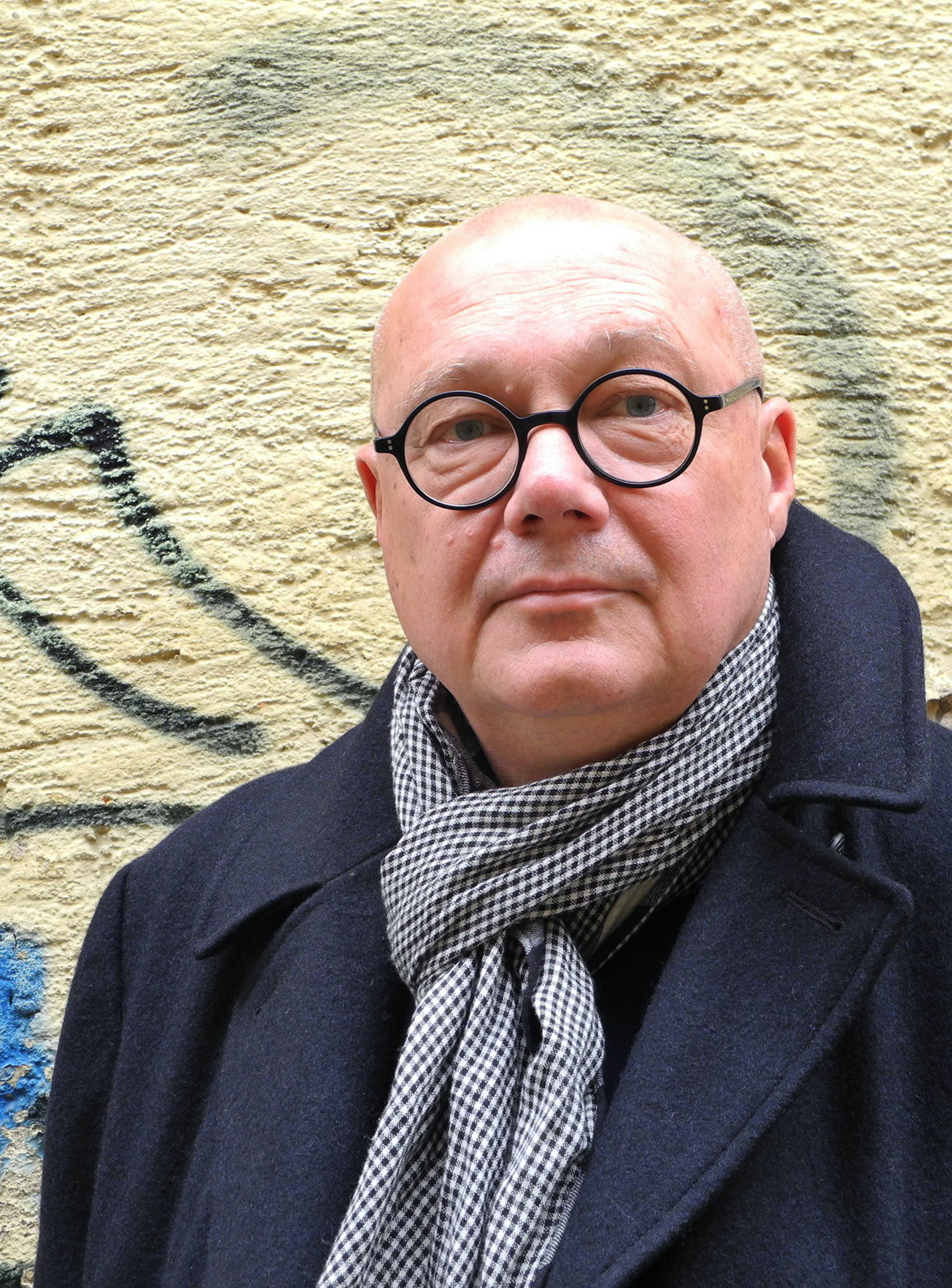Text: Naomi Teekens
Photo: Frank Schemmann
She has sung many fantastic roles, worked with world-renowned conductors and is in high demand among opera houses across the world, from the prestigious Teatro alla Scala to The Metropolitan Opera in New York. This March, German soprano Julia Kleiter will make her Dutch National Opera debut as Eurydice in composer Manfred Trojahn’s newest creation: Eurydice – Die Liebenden, blind. For the first time, she will sing a role that has not yet been sung by anyone else.
Kleiter was born and raised with music, as her grandparents sang in choirs and her uncle was a professional cabaret artist: “I was brought up to believe a career as a professional singer was a viable option. My uncle was a huge role model in this regard: I think I wanted to follow in his footsteps in some way. But, it was my father who fuelled my passion for opera. He is a PE teacher, but also a very keen opera fan. He took my brothers and I to the opera from a young age. My brothers hated it, but I thought it was divine. The power of opera and the stories told through music enchanted and captivated me.”
Kleiter had sung in choirs since the age of six, and had discovered her true sound from an early age. She explains: “I remember once you had been with the choir for a while, you were given the opportunity to sing a solo every now and then. I was only ten years old when I discovered I much preferred my solo singing voice to when I had to blend with the rest of the choir. I therefore decided a career as a concert and recital soloist would be perfect for me. Perhaps – because on a subconscious level – this had many parallels with the career my uncle had chosen.”
From concert soloist to celebrated Mozart soprano
Shortly after completing her studies in Hamburg and Cologne, Kleiter was offered a position with one of the major opera houses in Germany. She turned it down because she wanted to pursue her dream and become a concert/recital soloist. Yet, the seductive power of opera continued to lure her: “Conductors would often come up to me after a recital or concert and offer me a role in an opera. I was most frequently approached for Mozart operas and asked to sing such roles as Pamina in Die Zauberflöte.” In fact, she made her opera debut singing Pamina. Thereafter many Mozart roles followed: Susanna and Gravin Almaviva in Le nozze di Figaro, and Donna Elvira and Donna Anna in Don Giovanni.
A challenging adventure
The world première of Eurydice – Die Liebenden, blind will see Kleiter – for the first time ever – sing a role that was written especially for her: “The score may have been written with my vocal range in mind, but that doesn’t mean I won’t be challenged.” The role was indeed created to reflect Kleiter’s voice, but the soprano nevertheless feels she will be chartering new territory with Trojahn’s Eurydice: “I’m used to playing roles I identify with. Manfred Trojahn’s interpretation of Eurydice is reminiscent of Carmen. She is sensual, secretive and very closed-off. That’s not what I am like at all. But that is precisely what makes this work so exciting and rewarding: it is an opportunity to explore undiscovered sides of myself, to find out whether certain traits reside within me without me even knowing. One other aspect that makes this project challenging is that I normally have at least a year to prepare for a role. I need this time to help my vocal cords master certain sounds, and to recognise the tones and intervals in the score by ear. In this sense, I literally have to embody the musical sounds, both melodically and rhythmically. The score has not been finished yet [November 2021, ed.], so I don’t have that preparation time now. But being able to sing Eurydice in this world première is a true gift.”
Ancient Myth
Kleiter believes Trojahn’s score and reinterpretation of this ancient myth is a breath of fresh air: “Trojahn’s Eurydice has a past; she has lived and loved – not always blissfully, but always intensely and with hope. I feel the music of the score reflects this well. Sometimes Eurydice is agitated, upset or unsure and the music becomes unruly, using a measure of 5/3 or 3/2. It’s this kind of attention to detail that captures Eurydice’s spirit and emotions. I hope to do justice to her story and past by making it resonate with audiences, so that everyone is able to identify with her in some way. I want to move audiences, but I also want them to be able to relate to my interpretation of Eurydice.”



